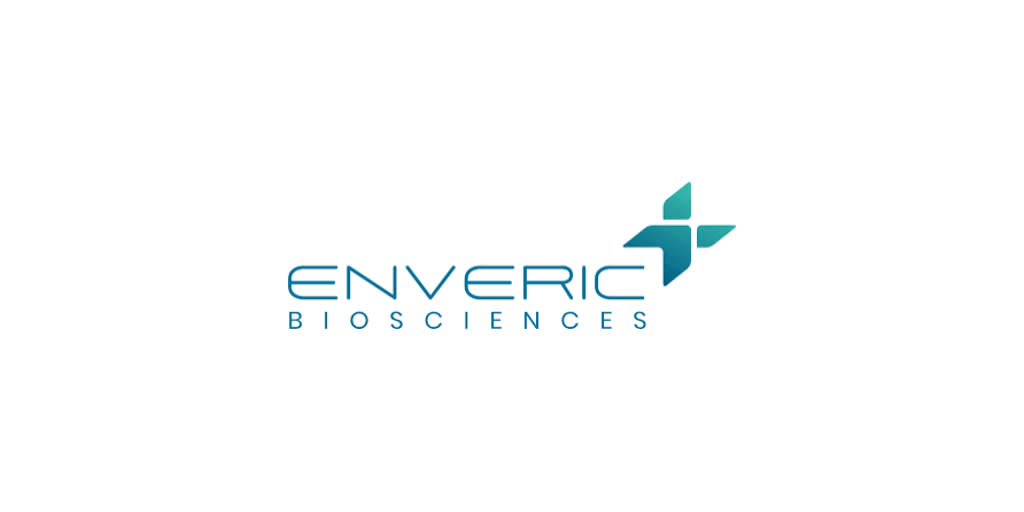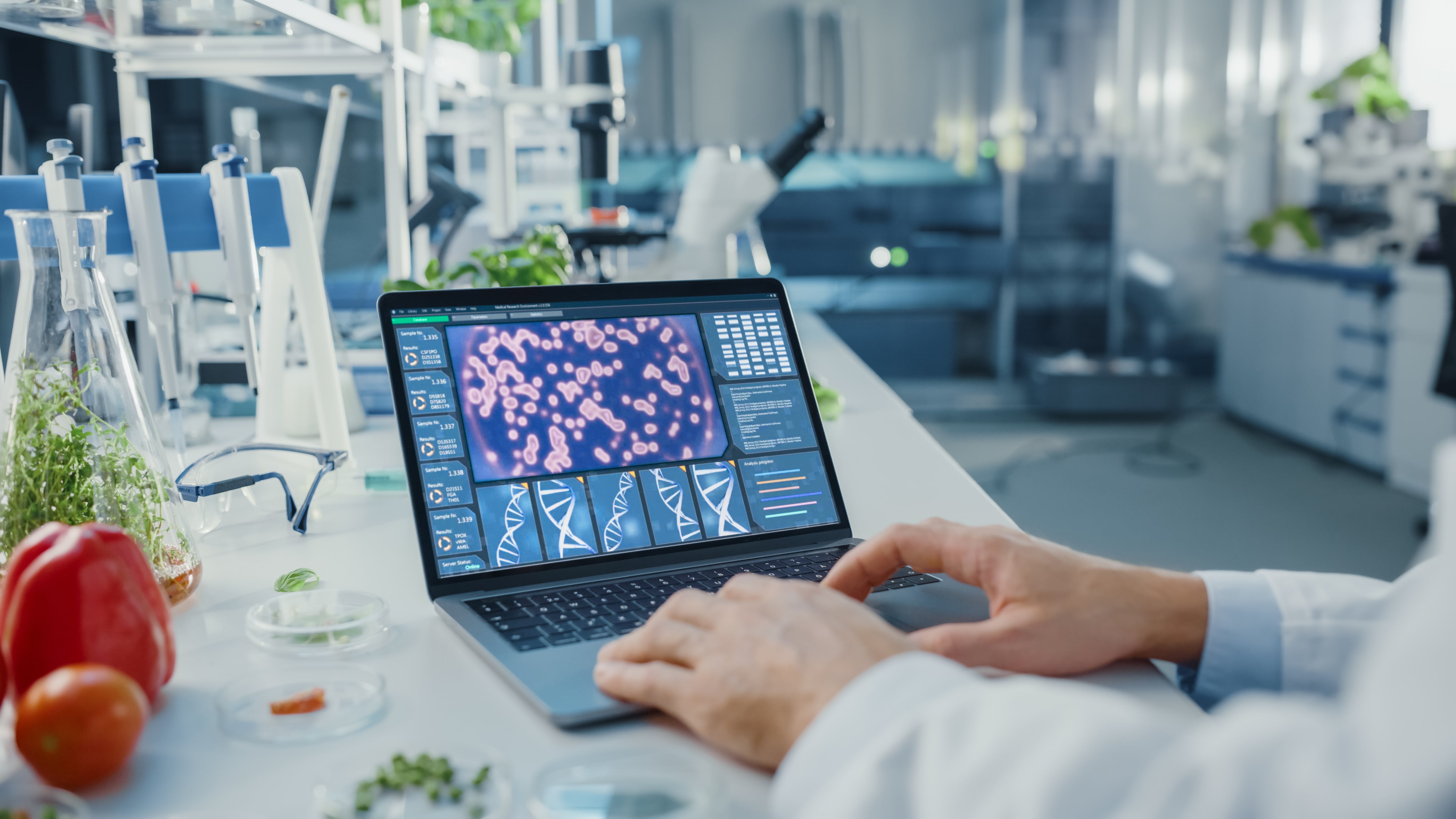
A New Way Of Making DNA Is About To Revolutionize The Biotech Industry
A New Way Of Making DNA Is About To Revolutionize The Biotech Industry
Has the next biotech unicorn been minted?
A partnership was just announced between two California firms, CodexisCDXSand Molecular Assemblies, focused on a radical new way of writing DNA. The partnership comes at a booming time for the synthetic biology industry, which seeks to use DNA to create everything from COVID-19 antibodies to new options for high-density data storage.DNA synthesis is already a hot market. Twist Bioscience, a gene maker, has seen its stock almost triple since its IPO in late 2018. In the same year, Integrated DNA Technologies was acquired by Danaher for a rumored $1.8 billion. All of this recent success, however, is based on a decades-old method for printing DNA that insiders admit is quite limited.READ MORE: Why This Synthetic Biology Stock Has Doubled Since IPO Today’s DNA makers still create their products using chemistry. To form a new double helix, the individual letters of DNA — nicknamed A, T, C and G — are linked together using a process called phosphoramidite synthesis. Though the process has been refined over the years, it still requires harsh solvents that limit the quality of the final product. These solvents also become noxious waste.A quick glance at biology proves that there is clearly a better way. Your own cells make DNA around the clock, and they do so without harsh chemicals. The DNA copies they produce are millions of times longer and considerably more accurate than what any business can currently obtain through chemical synthesis. This power to create massive amounts of high-quality DNA enables the complexity of life, and if harnessed would transform global manufacturing by opening the floodgates to synthetic biology innovations in the pharmaceutical, textile, agriculture and advanced materials sectors.For years, biotechnologists have yearned to make DNA the same way that biology does — with enzymes. These nano-scale machines, which are the products of genes, specialize in corralling smaller chemicals around them. One type of enzyme in particular, called a polymerase, has an unparalleled ability to stitch DNA letters into long chains.Businesses like San Diego-based Molecular Assemblies have been adapting polymerase enzymes to create custom DNA molecules. They hold 24 patents on the matter, and say they already have the potential to produce DNA chains that are up to 50 times longer than the competition. They have even begun applying their technology to the challenge of DNA data storage.Codexis, based in the Bay Area, specializes in improving enzymes for industrial use. As I have written about before, they apply advanced computer software to come up with improved enzymes that can aid in the creation of an astonishing array of products, including cannabinoids, bioplastics, biofuels, and even pharmaceutical drugs.READ MORE: How To Spot A Synthetic Biology UnicornUnder the new agreement, Codexis will purchase $1 million in stock from Molecular Assemblies. This is a clear win for both companies: The core business of Molecular Assemblies is based on enzymes, and in Codexis they gain a partner who specializes in enzyme engineering. Codexis benefits as well, as they get a stake in the lucrative and burgeoning field of enzymatic DNA synthesis.Ultimately, moves like these also benefit the entire synthetic biology industry. DNA made by enzymes would be a boon to any company — big or small — who wishes to take part in the 21st-century effort to build a better, greener and more efficient economy with biology.For the inside scoop, watch my interview with Molecular Assemblies’ CEO Michael Kamdar and Codexis CEO John Nicols about the impact of enzymatic DNA synthesis, and what this deal means to the industry.https://www.youtube.com/watch?v=0PEOIksxocUFollow me on Twitter at @johncumbers and @synbiobeta. Subscribe to my weekly newsletters in synthetic biology. Thank you to Ian Haydon for additional research and reporting in this article. I’m the founder of SynBioBeta, and some of the companies that I write about—including Molecular Assemblies and Codexis—are sponsors of the SynBioBeta conference and weekly digest. Here’s the full list of SynBioBeta sponsors. I am also an operating partner at DCVC, which has invested in Molecular Assemblies.Originally published on Forbes: https://www.forbes.com/sites/johncumbers/2020/06/23/a-new-way-of-making-dna-is-about-to-revolutionize-the-biotech-industry/



.svg)









-min.png)

.gif)